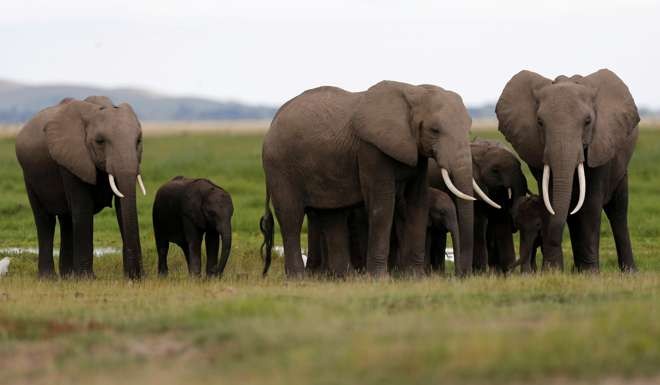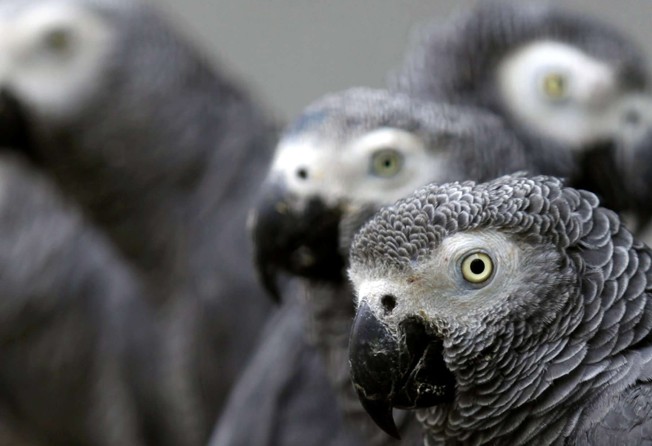
Much tougher regulation of wildlife trade is needed to protect our biodiversity
Doug Woodring says the world has little hope of stamping out the illegal trade without overhauling the global convention regulating it

Those who follow the workings of our global ecosystem – the gatekeeping mechanism for our economy – will know that this month saw the end of another opportunity to greatly improve the future of our planet’s well-being. However, we missed that chance, again.
This is about the trade and exploitation of nature, and the way it is governed. In 1975, the Convention on International Trade in Endangered Species of Wild Fauna and Flora (Cites), was established to regulate and better manage the trade in wildlife. Hong Kong abides by this convention, which is legally binding.
Today, the overexploitation of wildlife resources is a key threat to biodiversity conservation. Even with the Cites protections in place, the value of illegal trade in many Cites-listed species is estimated to be worth well over US$20 billion annually, much of which is controlled by those involved with the illegal trafficking of drugs, weapons and people.
Governments that have not taken a stance on preserving nature, such as Hong Kong’s, have simply used Cites as the “default” laws for regulating trade, as it is the lowest hanging fruit that causes the least pain and effort to adhere to.
The scientific and NGO communities still support the role of Cites for wildlife protection, as it is our only legally binding convention. That does not mean it is the best, or that it is not outdated. If we truly care about widespread protection, it is critical to formulate a much broader macro view, to create a Cites Version 2.0.

On the positive side, at the recent Conference of the Parties meeting in Johannesburg, there were some good “wins” for wildlife, including the pangolin, African grey parrot and four shark species. Meanwhile, increased restrictions on elephants and African lions failed to pass. Cites is the only convention that still allows private voting, keeping transparency to a minimum.
Our planet deserves better. We do not have the luxury of time to be stuck with an outdated Cites system that lacks transparency, is swayed by political and economic interests, and which does not have the scope and scientific resources to protect our natural capital. Instead, a Cites Version 2.0 should make transparent decisions based on scientific data, by using the vast network of information that, for example, the International Union for the Conservation of Nature has at its disposal.
Our economy is a 100 per cent subsidiary of the environment, and this lack of capacity for large-scale species protection should be a call to action. Without significant change, the perceived veil of protection we have relied upon under Cites may create the ultimate unintentional kill.
Doug Woodring is co-founder of Ocean Recovery Alliance